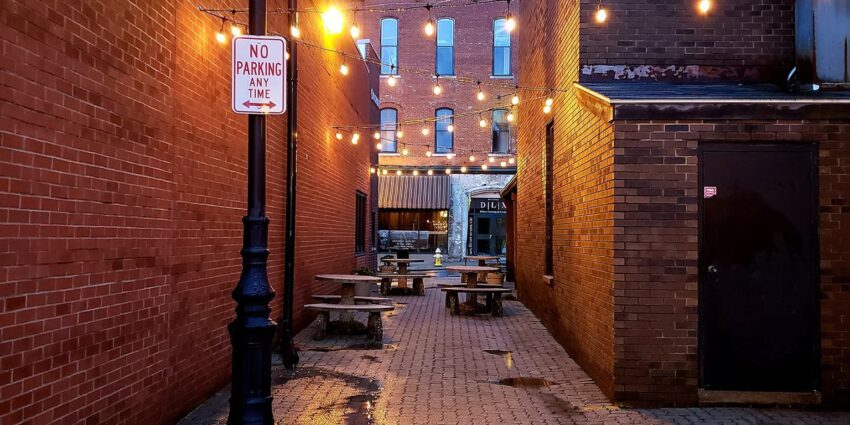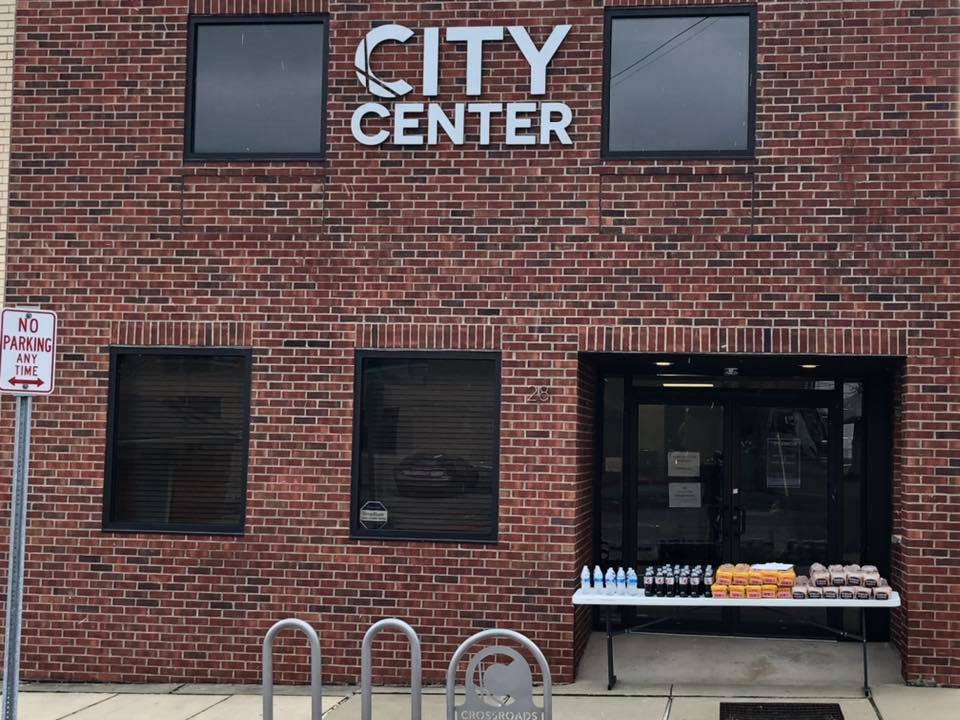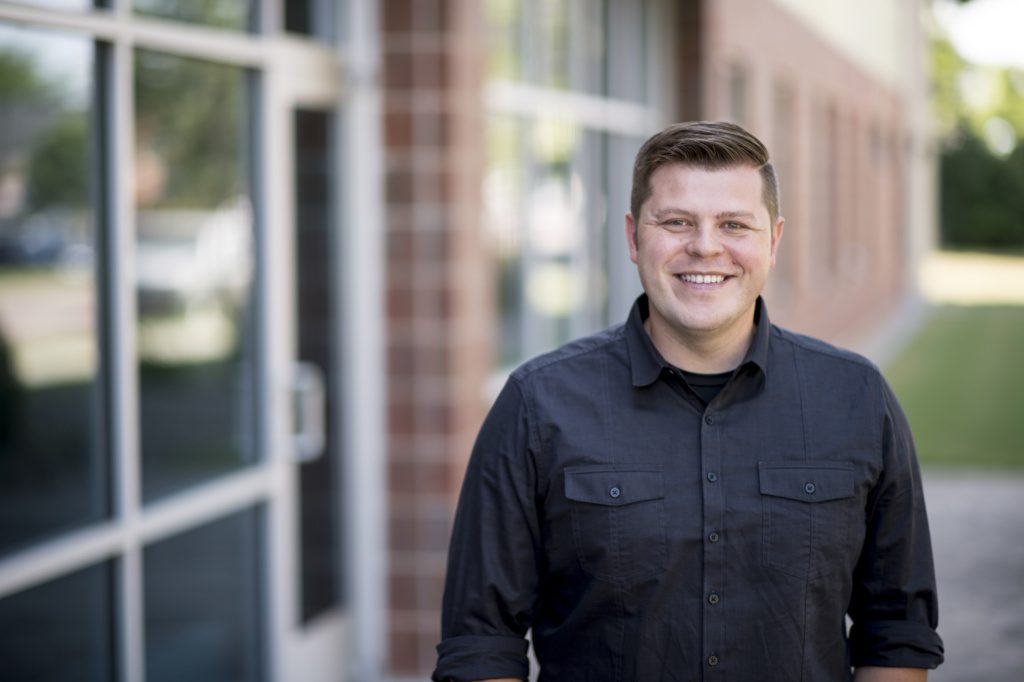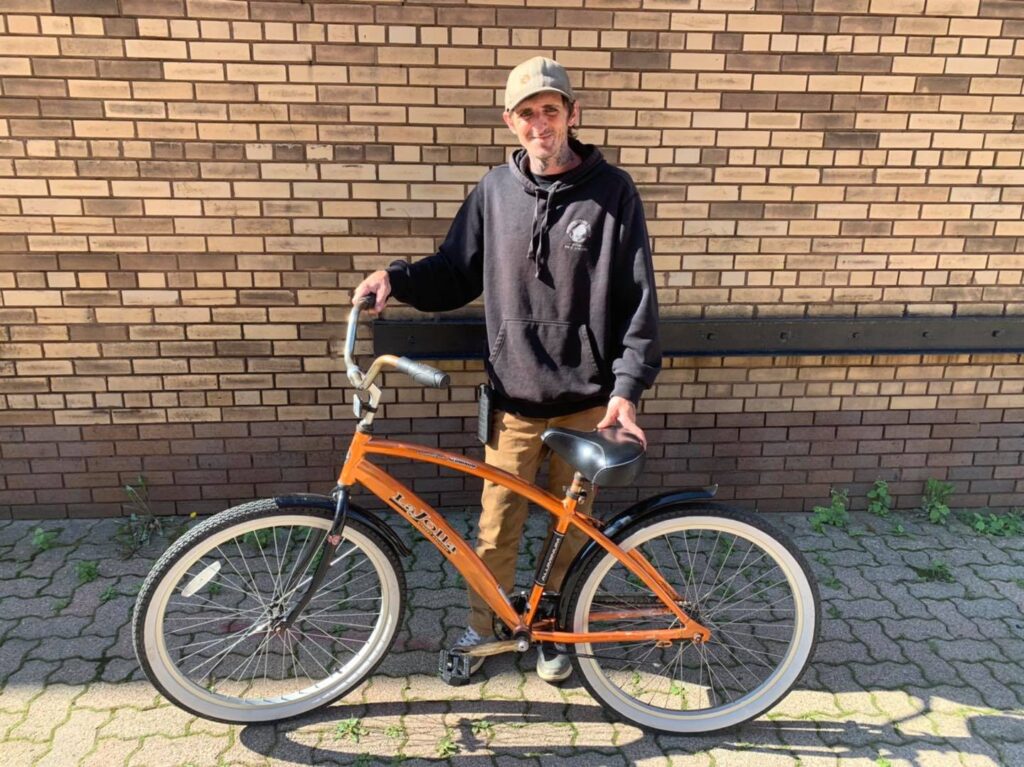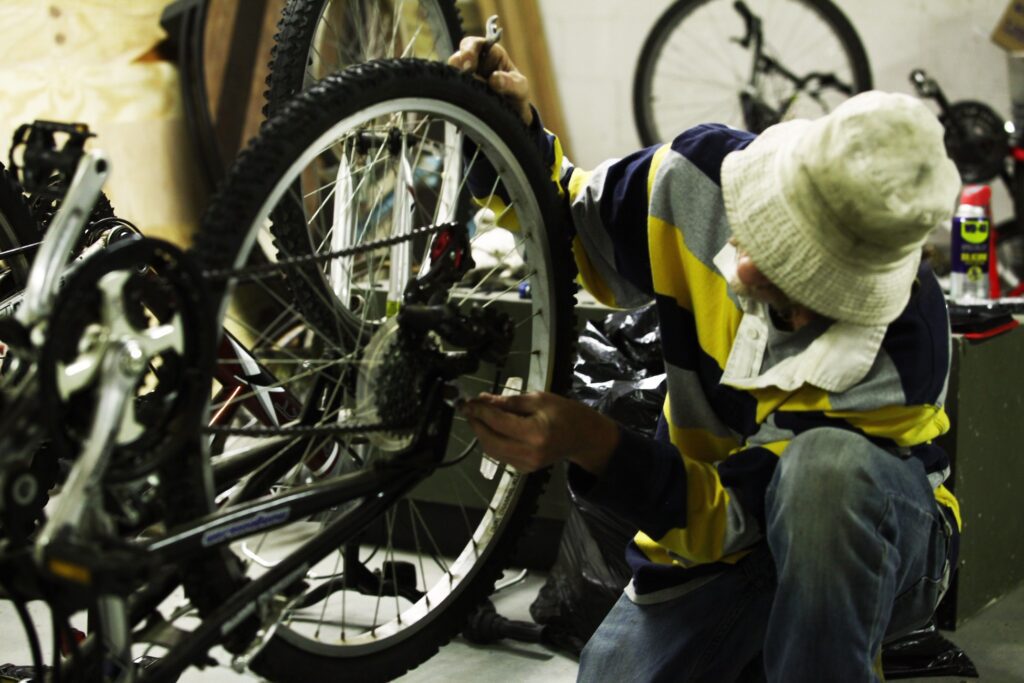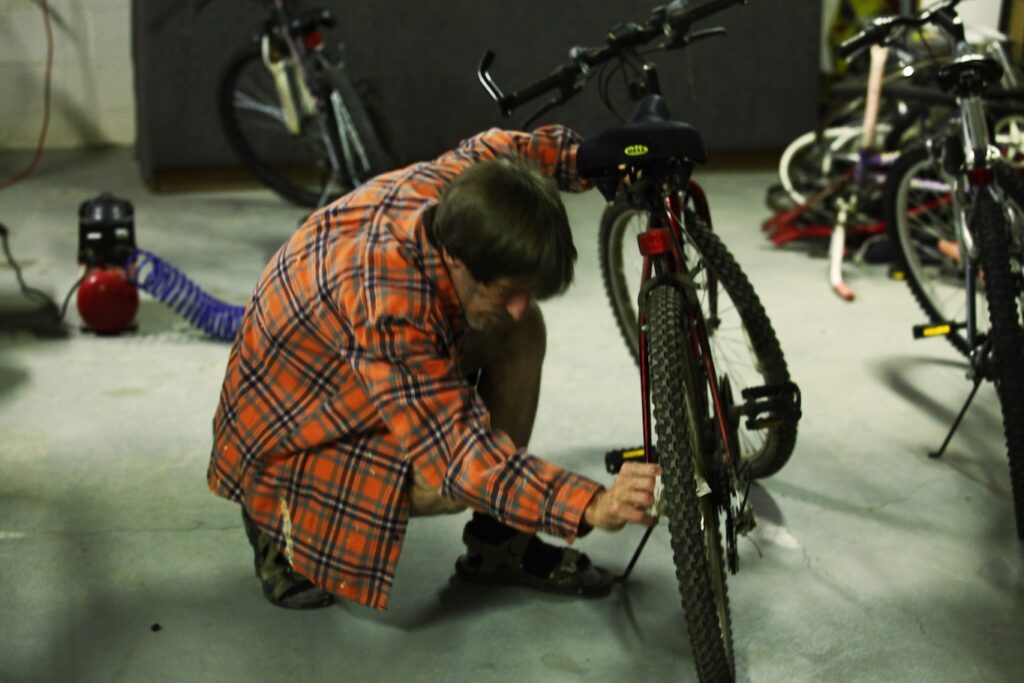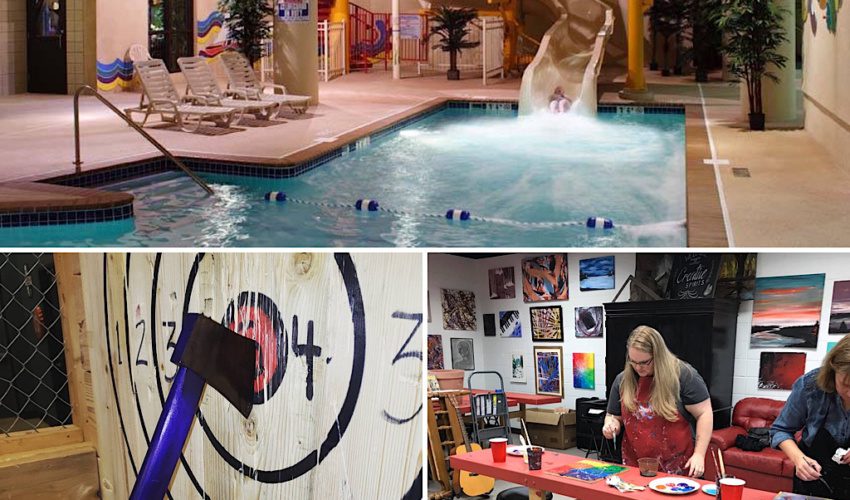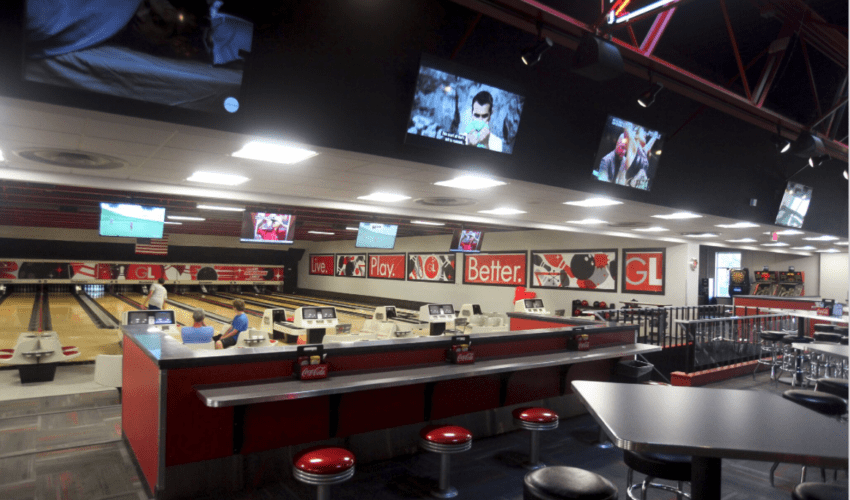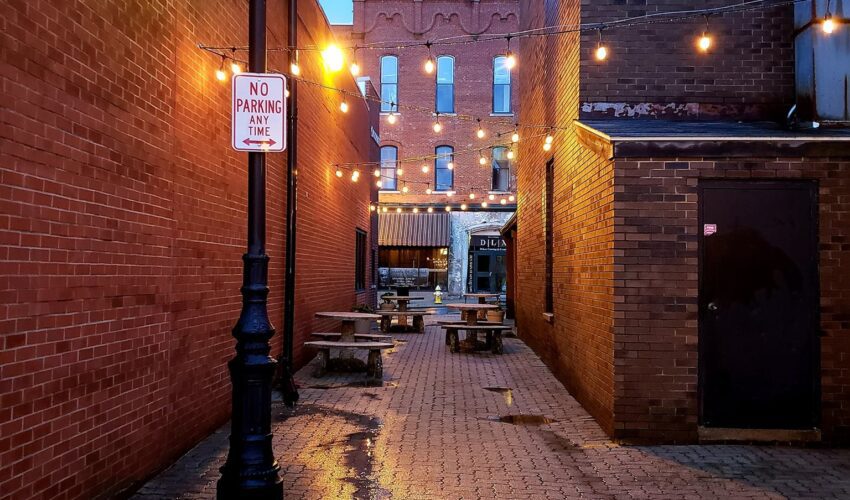Higher education approach offers real-life, relevant learning experience
Feb. 2, 2021
This paid piece is sponsored by Sioux Falls Seminary.
There was no blueprint for the job Jesse Rider took on a few years ago – just a downtown building and a dream.
“The executive director did the job for six months, and then I took over,” said Rider, the campus pastor of Crossroads City Center in Mansfield, Ohio, a community located between Cleveland and Columbus.
“I took over with a blank slate and no real programs in place.”
His background was in student ministry, but he was drawn to the new endeavor with interest. It fit his family life and allowed him to create something. But he knew he couldn’t lead without some help.
“I was searching for a program that was going to be immediately impactful in what I was doing,” he said.
That led him to Sioux Falls Seminary and its Kairos Project, where he began pursuing a Master of Arts in Christian Leadership.
“I wanted education, to work on a master’s degree, but to have things that were directly impacting what I was doing,” he said.
“I wanted to learn, but I was at a point where I didn’t want to learn random facts just to get a degree. I wanted something that would be beneficial in a large way.”
Relevance.
It’s a key element of the Kairos experience, which delivers education to students through a model that is accessible in terms of location, time, level and learning style.
“Unfortunately and often unintentionally, the educational models that define much of higher education require all learners to make progress by following the same path. This often has the unhelpful or even detrimental effect of superimposing a predefined context on all learners,” said Greg Henson, president of Sioux Falls Seminary and leader of Kairos.
“Schools need to be intentional about how we allow relevancy to happen in education,” Henson said. “In practice, we believe this means making space for the learner’s context to inform and adjust what it means to define relevance and proficiency. As a result, those definitions are flowing from the real-life situations of the learner rather than only being imposed by the institution.”
The key is integrating the richness of a university-level education with the relevance of allowing it to happen within the context of a student’s life.
“That’s part of the allure of what we’re doing,” said Nate Helling, chief financial officer and vice president of operations.
“With a defined development process, the learner’s context becomes the classroom, and the journey can be reimagined for every student, every time,” he said. “The faculty is looking at the desired outcome with the student and creating the journey together.”
For students such as Rider, adapted assignments are key to the experience.
“They don’t want this experience to be busy work. They want it to create life change or ministry change and for it to make a difference in what students are doing, and that’s what I wanted,” he said.
One such assignment came following a trip to Sioux Falls, where he spent a night wandering around downtown. He found Center of Hope and discovered its bike ministry serving the homeless and working-poor populations.
“I was telling my mentor that it was a really cool idea,” he said. “The common problem I hear is transportation from work and to and from school, and Sioux Falls found a temporary or seasonal solution to address it.”
They talked through it – it turns out the leader of the program was a former Sioux Falls Seminary student – and it turned into a series of assignments.
“We spent time putting this together for how it would work and make sense, and today we have a facility in our basement with about 70 bikes being refurbished, and we’re giving away about that many. It all started with people in Sioux Falls and seeing what was happening there,” Rider said.
“A lot of people can dream, but this allowed me to take that dream and make it into something that works in my context and culture. Now, it’s a focal point of one of the things we do with our downtown ministry.”
It’s an experience that captures a key goal of Kairos: connecting the educational experience to the real-life experience of students.
“It’s not just about offering degrees. There are plenty of people who have degrees and lack competency,” Henson said. “It’s about developing an educational platform that allows people to invest in themselves with the help of both a local and global community.”
The primary value of the institution isn’t in the content it provides students, “which is a huge leap for an educational institution,” he added.
“While content is important, the primary value of a school is no longer rooted in the content it provides but rather in the conversations it facilitates with learners. We don’t tend to spend a lot of time building content. Instead, we spend a lot of time helping mentor teams and learners discover how to access and assess content and resources themselves.”
And while the relevant education is a tremendous value, the flexibility of Kairos keeps Rider pursuing his education.
“It’s the ability to go at my own pace,” he said. “There are seasons in my life when I’ve made good progress and seasons when I’ve had to remember to get back to it, and I appreciated both. I have a family, a full-time job, and I’m fairly busy, so the flexibility and adapted assignments were the key pieces for me in choosing the program and staying with it.”
He encourages other professionals to consider the program as a way to develop themselves as leaders with a program that helps bring ideas to reality.
“You’re going to learn things that have immediate value and impact,” he said. “You’re a better leader if you go through the program because you learn how to become a better leader. The model works.”
To learn more about Kairos, click below.
What does accessibility in higher education really mean? These four things

